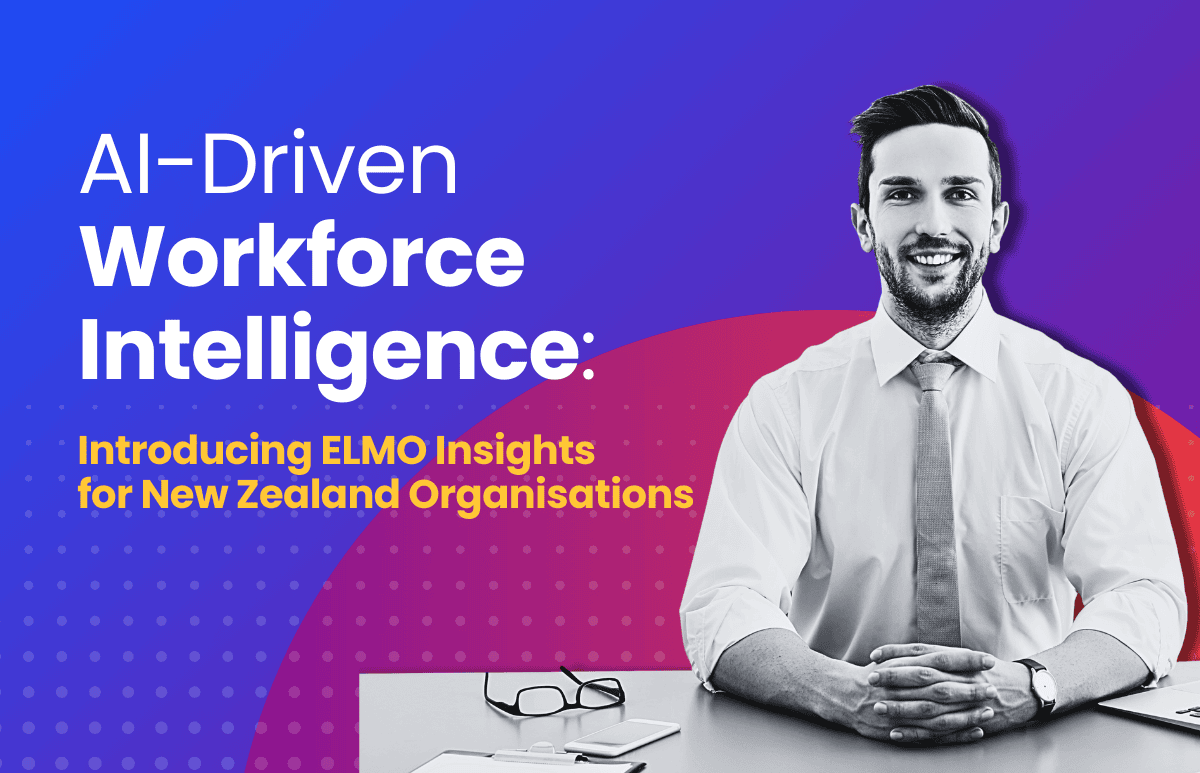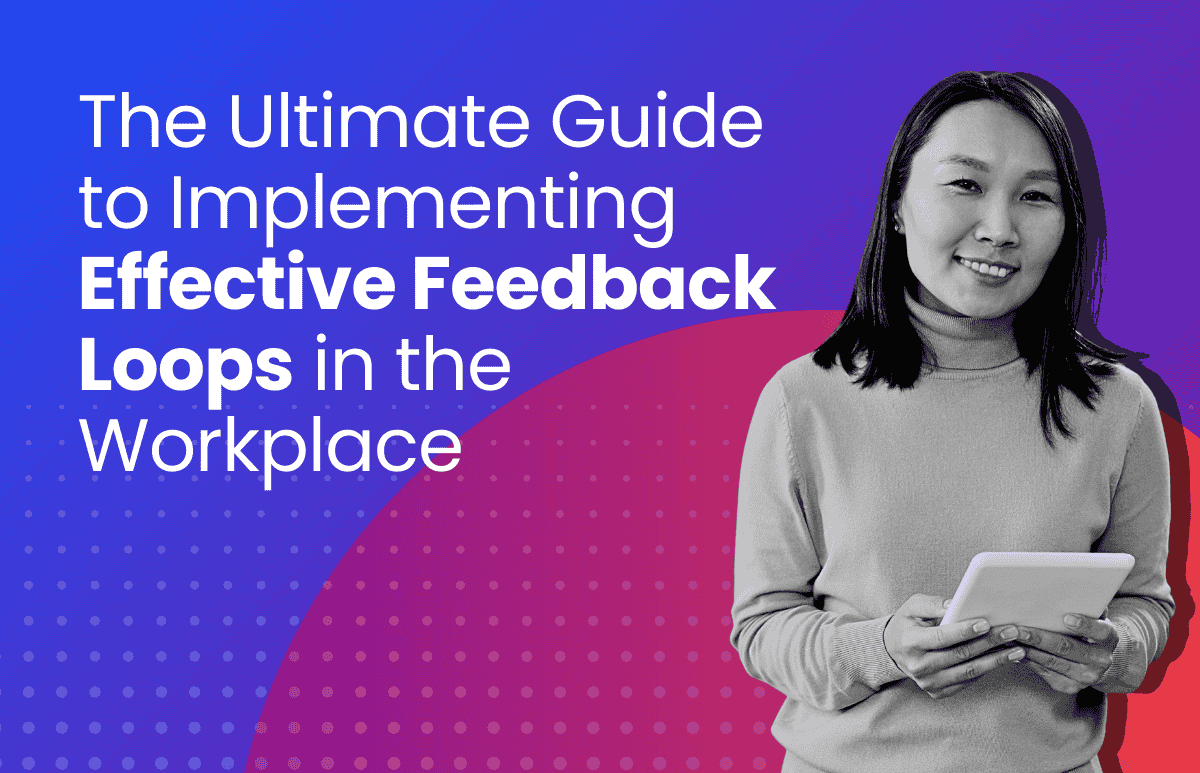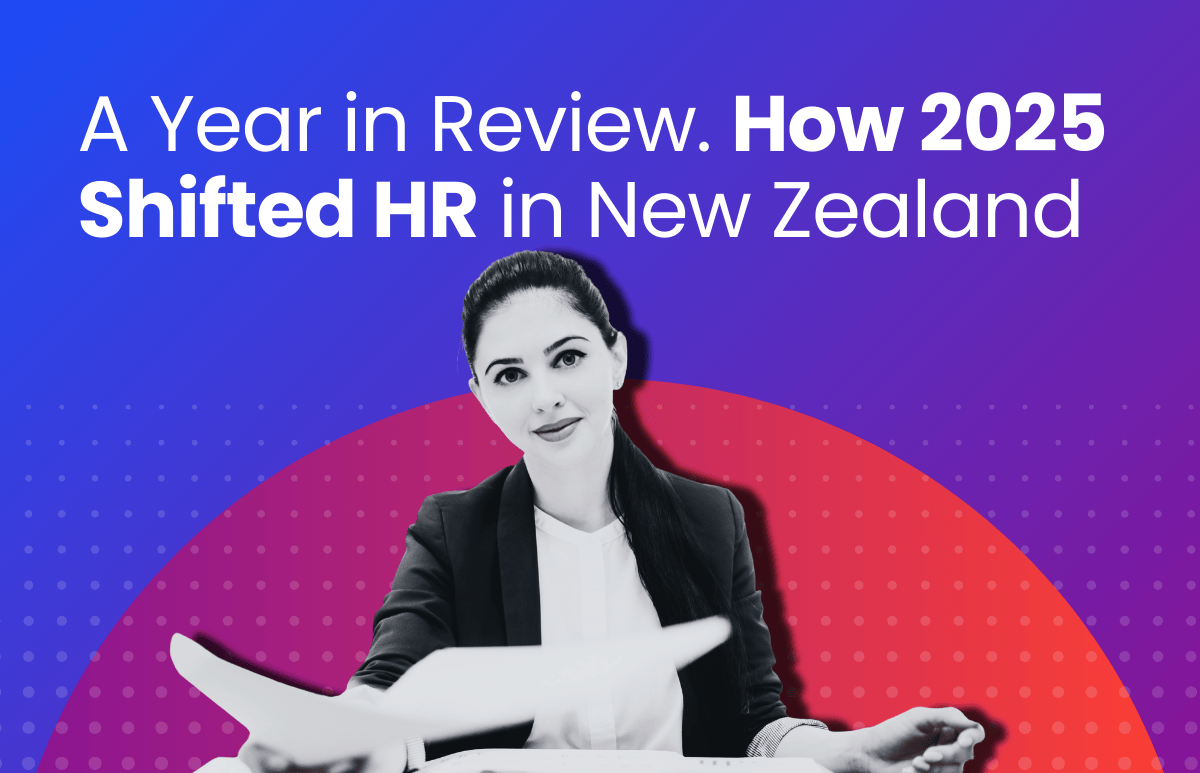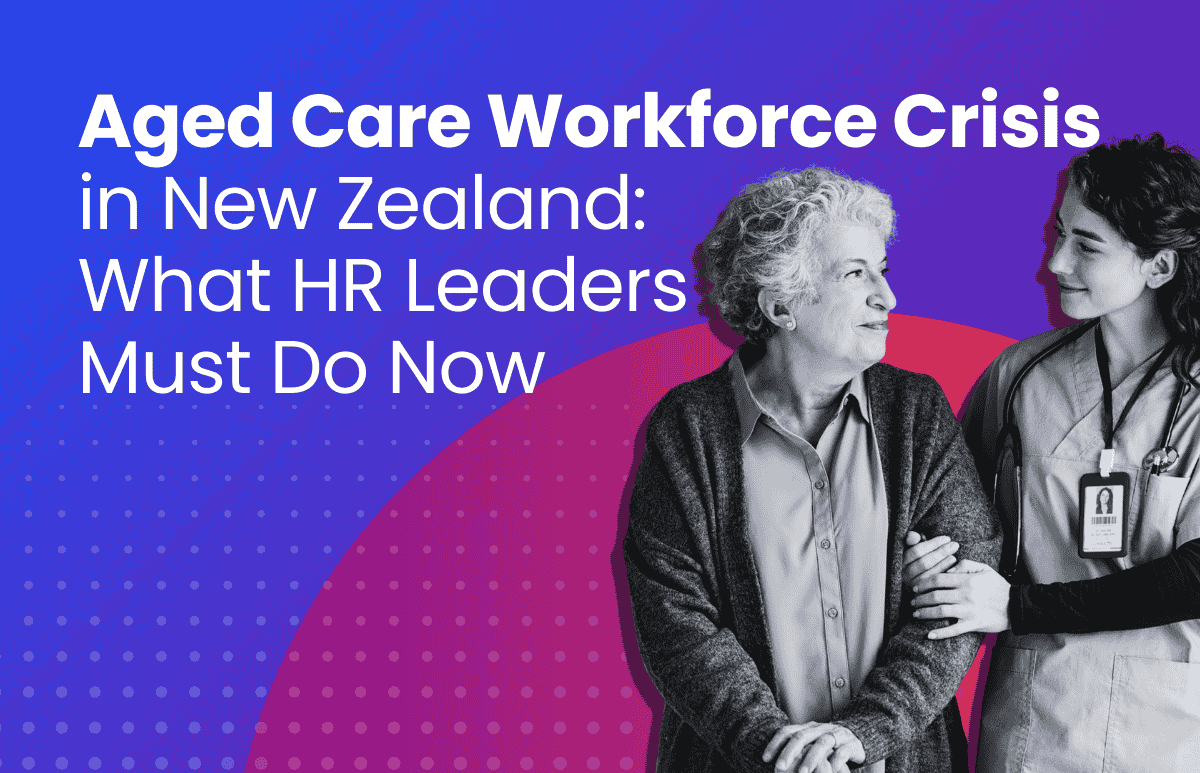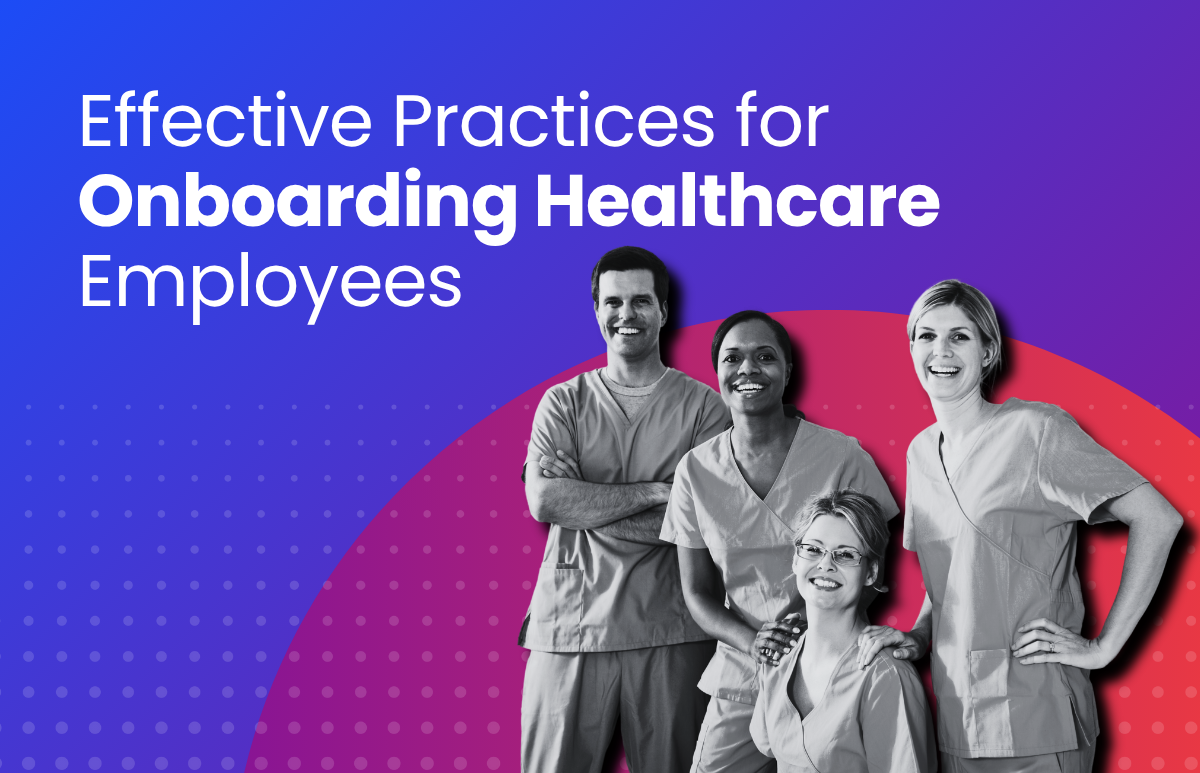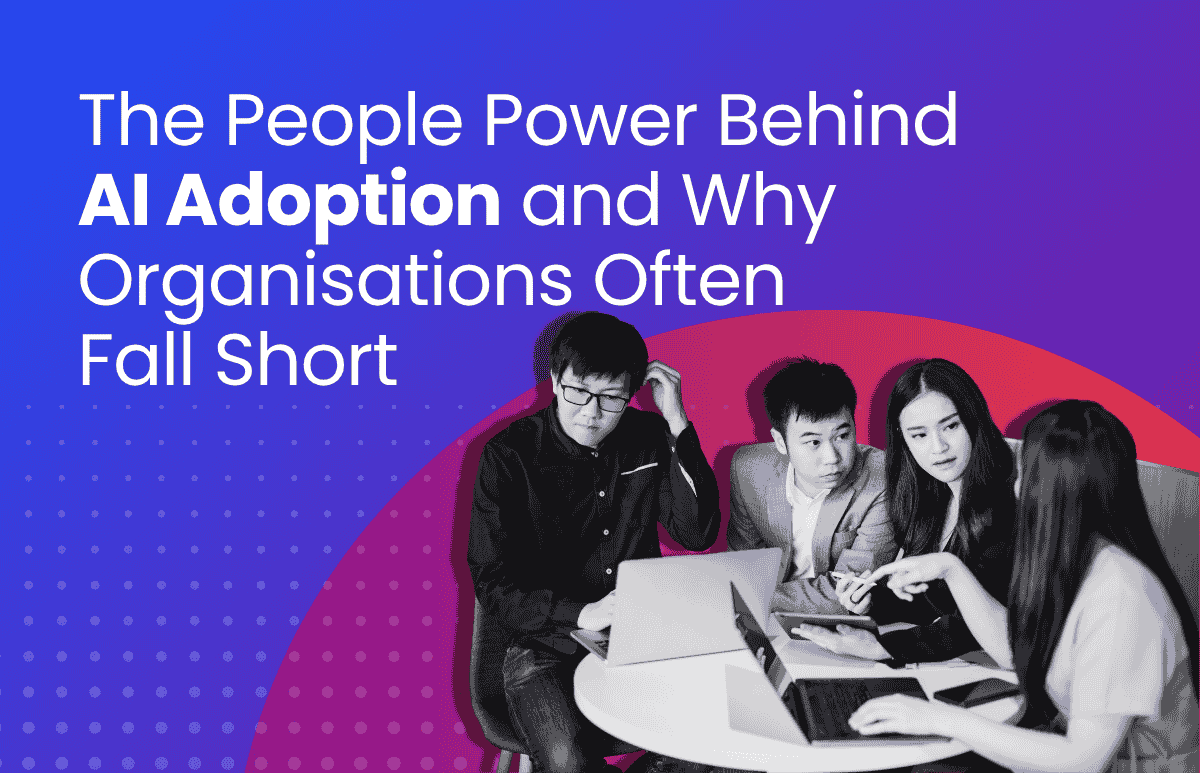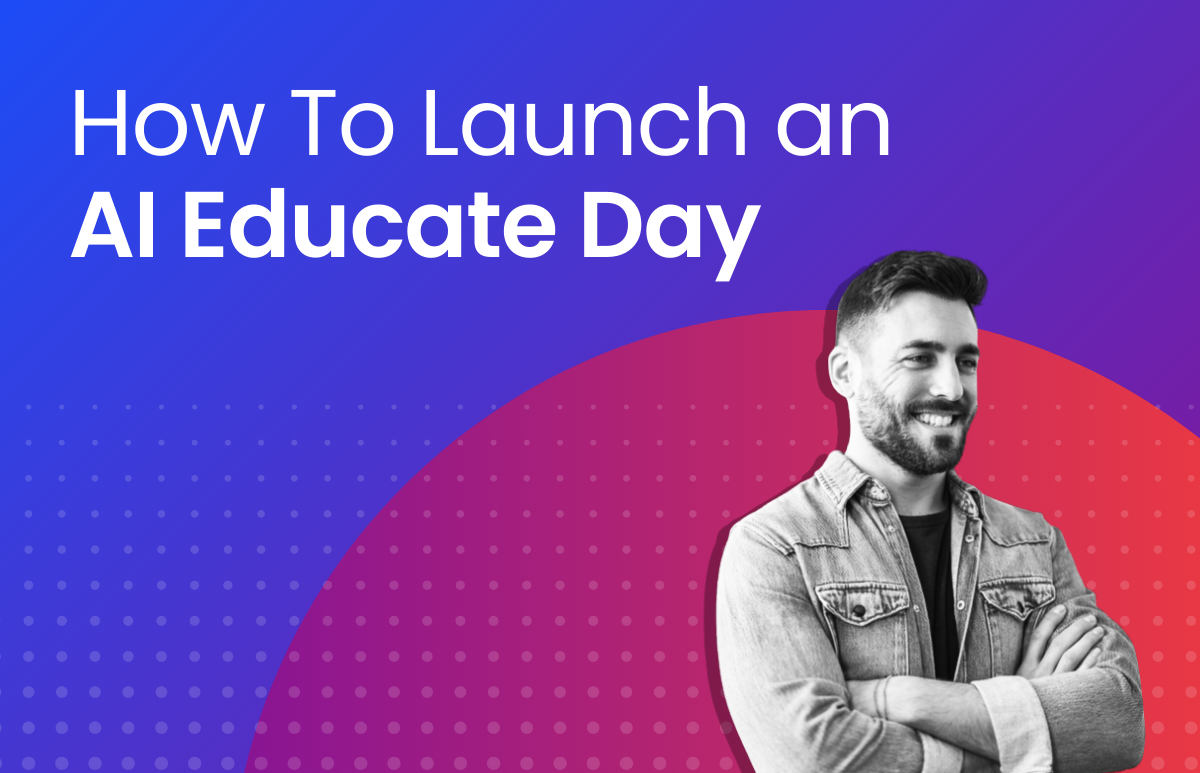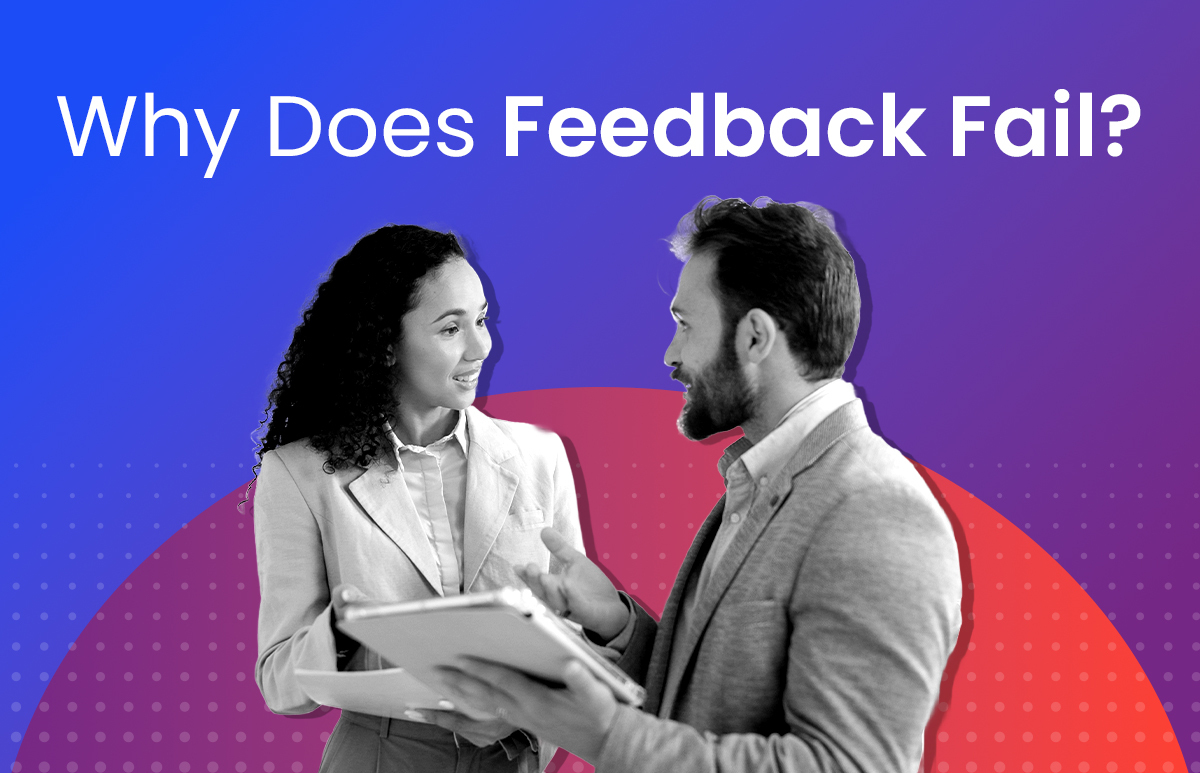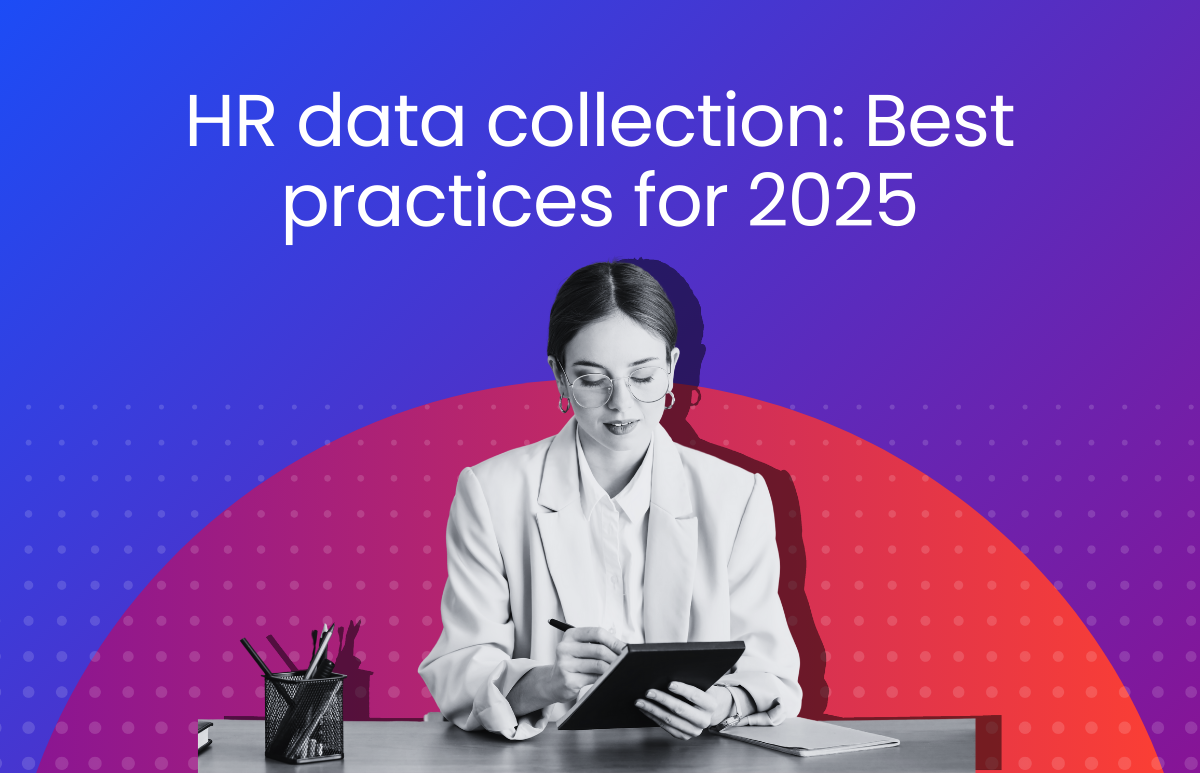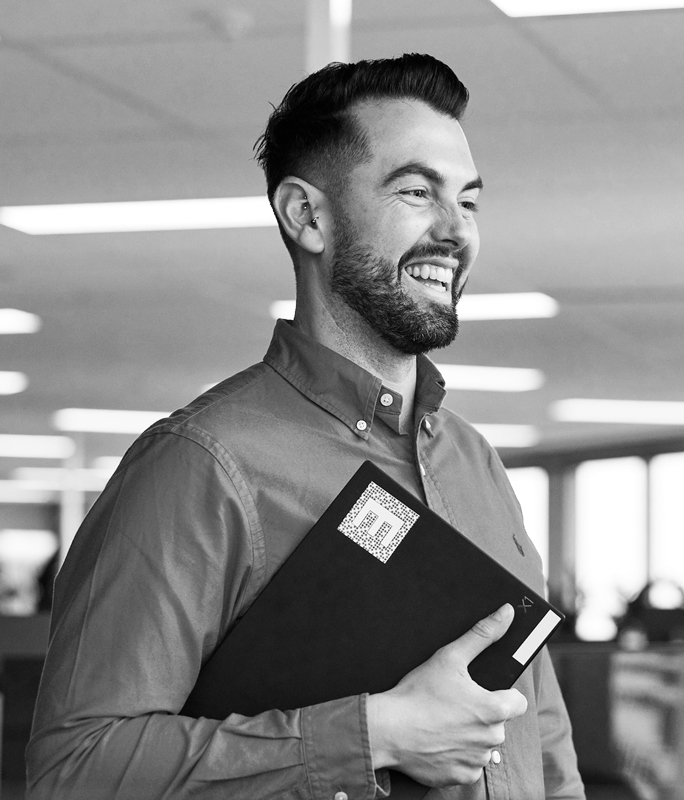From the frontline: Christian Campanella, Pernod Ricard
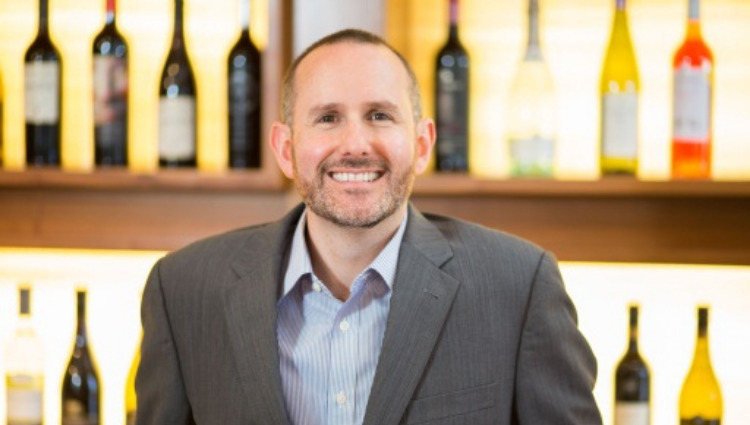
Conversations with HR thought leaders:

Christian Campanella, HR, Communications & S&R Director at Pernod Ricard, shares his path to HR, the challenges of managing a workforce for a global winemaker, and how technology makes his job easier. He chats with Neil Phillips, Enterprise Business Development Manager at ELMO Cloud HR & Payroll.
Christian’s career in HR started “purely by chance”, he says. While he was undertaking a manufacturing graduate program at Arnott’s Biscuits in South Australia, a member of the existing HR team was called for jury duty, which turned into an extended period away from the business. Christian’s name was put forward as a possible stand-in to help roll out a partially implemented Australian Qualifications Framework training program. With first-hand experience from the shop floor, including the running of production lines, planning, purchasing, and coordinating supply chains, Christian was ready for a new challenge. He accepted the role.
“I enjoyed that project because it was a bridge between what I was doing in terms of the manufacturing side of things, and what HR could do with learning & development and working with external parties like TAFE, creating those linkages. I enjoyed the human element to it as well,” Christian says.
“When I reached the end of that project after about 12 months, I said, ‘I’m really enjoying this, I’m enjoying this space, so I wouldn’t mind continuing’. It then morphed into more generalist HR type work from there,” he says.
Neil: Tell us a bit about Pernod Ricard.
Christian: Pernod Ricard is a French organisation headquartered out of Paris and they operate with a decentralised model. They have what they call brand companies and market companies. A brand company is responsible for the brand in its entirely. So as Pernod Ricard Winemakers, we’re responsible for the wine business, from brand development to production and eventually distribution. Similarly, Pernod Ricard owns a number of global premium brands such as Absolut Vodka and Jameson Irish whiskey. These organisations work in a decentralised manner with a CEO, a management team and autonomy to run the business, with strategic input from Pernod Ricard headquarters.
On the other side, we also have market companies. They are responsible for sales and distribution, with a direct affiliate based in 85 countries worldwide. As Pernod Ricard Winemakers, we run the Australian and New Zealand market companies, which sell the full wine, sprits and champagnes portfolio. Our global wine headquarters is located in Sydney, with the CEO and the majority of the executive team based in Australia, and others based in New Zealand and Spain.
Neil: How does HR operate at such a geographically dispersed company?
Christian: My responsibilities go across HR, communications, and sustainability and responsibility, or CSR as some companies refer to it, for the wine business globally. We effectively have vineyards, wineries, bottling lines in Australia, New Zealand, the US and Spain. HR has been organised with centres of excellence along with business partnering teams who work closely alongside the business. Across those three functions, there are approximately 50 people globally.
From a centre of excellence perspective, there is a Head of Compensation & Benefits, who in addition to traditional C&B activity also runs payroll and data analytics. There’s a Capability team that is responsible for learning and development and finally a Strategy & Projects team. This team is responsible for a number of items including running our Project Management Office looking at our strategic priorities, how we project manage them, allocate resources, and so forth.
We then have Business Partnering teams located across Australia, New Zealand, the US and Spain. Due to the language differences in Spain, we replicate some of the centres of excellence in learning & development and C&B, but at the same time they work together with the global centres of excellence teams.
In addition to the HR team, I also have an integrated Communications and Sustainability & Responsibility team. That team has responsibility for internal, corporate communications and crisis management along with ensuring the delivery of our sustainability and responsibility roadmap.
Neil: How do you think the HR profession is faring with its use of data and analytics – is this an area to upskill in?
Christian: On the first part, I think we are still rudimentary in our way of looking at data and analytics. This might be starting to turn – you’ve got different technologies coming in that are providing various insights and so forth. However, I think we presently use a lot of traditional lagging type indicators such as turnover and time to fill.
For me, there is definitely a need to ‘up the ante’ in this space. Artificial intelligence and predictive analytics are now being used in just about every part of the business. For me, HR is no different to our sales organisation, our marketing organisation, our operations organisation. It’s the exact same challenge. I also believe there is a skills gap. People don’t know what they don’t know. There are many people who are not aware of the capabilities out there and the questions to ask. I think it’s about how you build that curiosity and get people asking the right questions.
The second point is then around the actual raw capabilities of being able to look at data, analyse it and draw those insights out. We need to be bringing more capability into the business, such as data scientists.
The third point for me links to that curiosity point and that’s about knowing what questions you need to ask. If I think about HR, what’s the question that we’re asking? I’ll come back to recruitment. Is the question, how long does it take me to fill a role? That’s a lagging indicator. Or is the question more to do with my future sources of talent? It’s about looking at things differently. What’s the problem statement that you’re trying to get an answer on? How does that link back to what the business needs in terms of drivers of performance? Just approaching it with a different lens. That lens is a mixture of business centricity and customer centricity, instead of the default, which is ‘what does HR need?’
Neil: How do you believe technology helps your team do their jobs more effectively?
Christian: I look at it in two ways. Firstly, from a pure productivity point of view. There are hygiene factors within our function that we need to do: you need to pay people, there’s compliance activities, and so on. Any technology that can streamline how that occurs and almost makes it invisible in some respects is great because it means I can re-deploy people in my team to be working on more value-added activity.
Secondly, this links back to the employee experience. It’s about treating our employees like customers and giving them an experience that is seamless – whether that’s simple things like that way you apply for annual leave, through to the way you do your performance review, to the way we manage our talent and the visibility of opportunities and vacancies within the business. We want to make that entire experience a seamless one. Again, from a productivity point of view for my team, it’s got to be seamless and productive as well.
A core part of our HR strategy is around digital transformation. And it’s not just digital transformation from the technology point of view. It’s also digital transformation in terms of the skills and capabilities required within the business.
If I use an example from within our winery: how do we retrain a cellar hand for the future, who now needs to use digital technology in the winery as a tool to do their job? It’s about determining how we upskill people who have gone from traditional manual activities to roles where they’re now using technology as part of their job. For me, it’s not just all about systems; it’s also about building the capability in the business and bringing people on the change.
Overall though, it does comes back to the employee experience. If you want to be competitive as an as an employer, you need to provide an experience that reflects who you are, as well as who you want to attract.
Neil: Can you touch on some of the challenges you’ve faced from the HR perspective of being part of a truly international organisation?
Christian: There’s the obvious stuff in terms of the complexities around cultures, time zones, languages, those sorts of things, which you work through. The one thing that I’ve learned from a HR point of view is that there are more similarities than differences. A practical example is, if I go back six or seven years ago, each of our HR teams across the four countries were operating independently, very siloed. My vision was to have a global HR strategy and focus, so I’ve been on this journey trying to bring it all together.
I remember back in the day, everybody was unique: I have this problem, I have this challenge, I’ve got this to focus on. Over the years we’ve slowly brought things together and I’ve spent a lot of time working with the team to really unpack what’s going on. It’s been fascinating.
As we started defining priorities in each country, I was suddenly finding the same challenge or focus area across multiple countries. I’d say that about 90% of the strategy that we have in place is the same. Yes, you have some differences – it might be a specific labour law or a context in that country, but at a macro level, it’s very similar. So, our strategy is now aligned.
Rather than having four countries each working on the same thing individually, we now do it collectively. We’ll run it as a project across four countries, with representation from those four countries, developing the project once. You may develop it in a way where 80% of it is fixed and 20% of it is flexible, but what you end up with is consistency. You end up with more efficient use of your resources, time and money. Ultimately, you end up with a better outcome. That’s what we found – the team are now working a lot more collectively.
Neil: Can you outline some of the HR challenges Pernod Ricard has encountered since COVID-19 spread globally, and how you have overcome (or are overcoming) these challenges?
Christian: The challenges have been very consistent with a lot of other organisations, which is how do we manage our business within the constraints of COVID-19 such as lockdowns, hospitality trading restrictions, etc.? On the remote working front, we were fortunate in that our business had been focused for the past four years as part of our D&I strategy on driving a flexible mindset along with the tools and technology to support this. So, this put us in a very good position to pivot to this new way of working.
Probably one of the more complicated factors has been the fact that when COVID-19 hit in March we were in the middle of our grape harvest in Australia and NZ. This was very challenging in that the grapes don’t stop growing! However, we were lucky to be deemed an essential service which allowed us to keep working – but it did require a significant amount of work by our operations team to ensure we were COVID safe and not putting our people in harm’s way.
Neil: Looking ahead, how do you think COVID-19 will change both the HR profession and how we undertake work in the future?
Christian: COVID-19 will have a lasting impact on the shape of work in the future. The fact that we will have restrictions in place for quite some time, habits will be formed, and these new ways of working will become normalised. The fact that COVID-19 has challenged how we can work more flexibly has been a good thing, particularly for those roles that were considered not possible for remote working. It will also have a positive impact on promoting greater diversity and inclusion due to the impact flexibility has in this space.
One watch-out though is that it cannot remain at 100% remote working forever. Humans crave connection, what we call conviviality, and there is a role that the office plays in creating this, in addition to contributing to the overall wellbeing of an individual. So, one of the challenges that will be faced as we move through this pandemic is how we create this balance and ensure people realise the value of having a blended approach to work in the future.
 HR Core
HR Core 